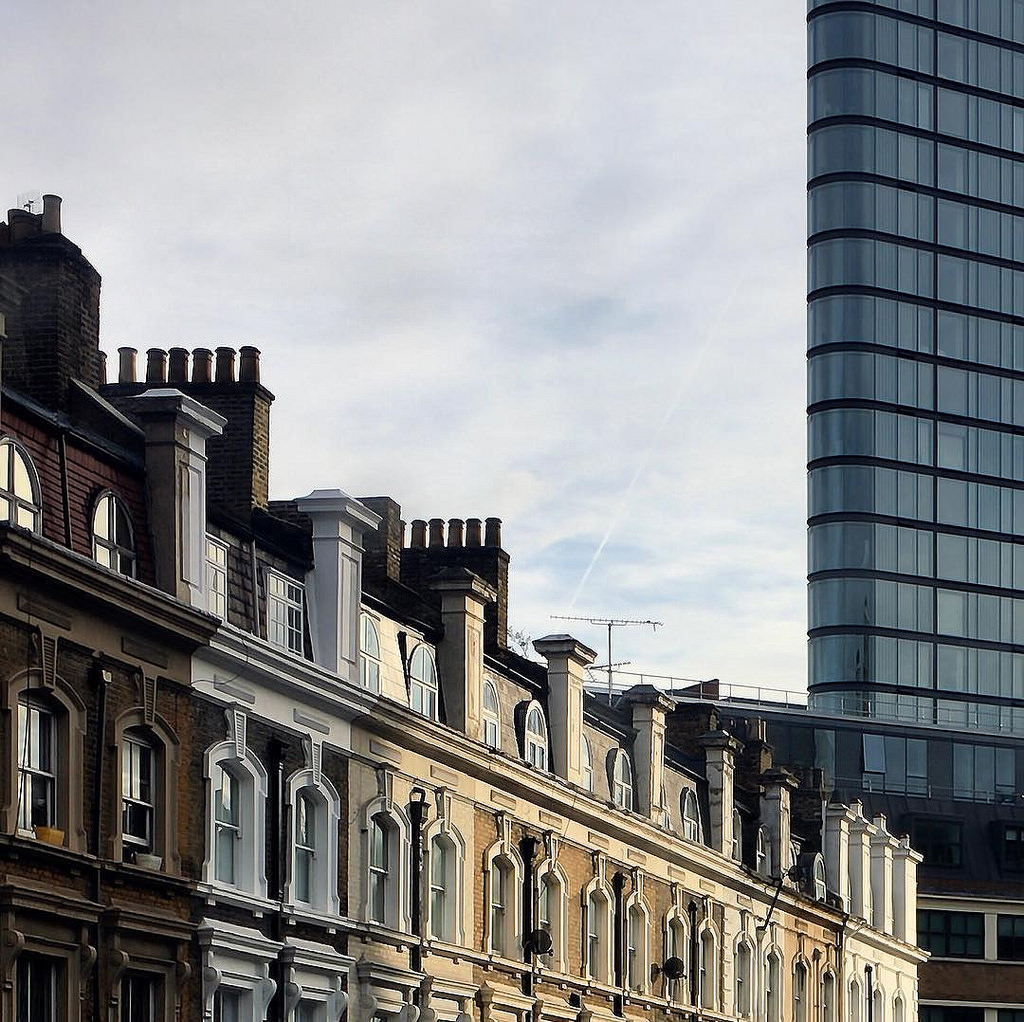As it stands, the people of Britain are quite divided. There is, though, one issue that brings them all together – housing. There’s a rare consensus in Britain that cuts across all the political spectrum. We need more houses. This is understandable but wrong.
Theresa May was right about one thing in her conference speech. She approached housing policy by seeking to reduce demand, not just increase supply. Unfortunately, her policy is too half-hearted. She proposed an increase in stamp duty for home buyers whose tax domicile is outside of the United Kingdom. Whilst this will generate some revenue for the treasury, it will achieve little else.
This increased stamp duty will be seen as a price worth paying to store wealth in what could be the most secure bank in the world, in perhaps the most stable currency.
Since the financial crisis of 2008, the global banking system is no longer seen as the safe haven it once was. As Lehman Brothers fell, so too did the curtain hiding the casino that our global financial system has become, complete with cocaine-addled traders recklessly flinging entire nation’s life savings and pension funds onto a worldwide roulette wheel.
This terrified the rich and wealthy, who no longer felt safe handing their money over to these people in anticipation of yet another crash. As a result, there are vast sums of money sloshing around the international financial system in need of a home. That is where our property market comes in.
Despite Brexit, London will remain an attractive place for many people. Britain has a rigorous and generally effective system of law and order, so assets are safe. Britain’s tax system is very appealing to the rich. Britain’s universities are amongst the best in the world. It’s very close to Europe and even it’s time zone is seen as a bonus. As a result, buying up vast swathes of its property and living there can be very enticing.
The appeal extends beyond that, though, which is why so much of our housing remains owned but unoccupied. The exorbitant property prices mean that the average rate of growth, 3%, which is itself representative of a decline, is an attractive interest rate. If the buyer buys up lots of cheaper houses, poor protections for renters mean even more money can be made renting them out.
All of this combines to create a market in which houses are treated not as places to live or even really commodities – they have become stores of value. Housing markets can crash, but people always need somewhere to live. Houses will not simply stop existing as banks can. A multi-million pound home is more tangible and lasting than a collection of zeroes on a computer in a bank.
They’re safe from currency fluctuations, too. Recent plunges in the value of sterling recently have meant that those with lots of wealth in pounds have seen the value of their total holdings slashed. In an increasingly volatile world economy, there’s no guarantee that the same won’t happen with other currencies.
Houses are more stable – people cannot buy and sell millions of houses in an instant the way that they can currencies. Even if house prices start to decline, there’s more notice and more time to react. People can move their wealth elsewhere before too much of a loss is sustained.
So, the problem isn’t simply that we have too few homes. The problem is that our housing market is being used as some kind of Scrooge McDuckian vault by the international elite. This requires a stronger policy response than an increase in stamp duty.
Corbyn is not much better. His housing policy is allowing councils to borrow to build houses. In a sign of the popularity of this policy, May has ‘stolen’ it. Whilst this will certainly go some way towards alleviating the pain caused by our housing market, serious demand-side restrictions are needed to prevent social housing from falling into the hands of landlords and the global rich again.
The solution? There are myriad – requisitioning unoccupied homes, or heavily taxing them, are both options. More stringent penalties on foreign buyers could be another. It depends on how radical you want to be. One thing that isn’t an option, though, is allowing this macabre charade to continue.
Charley Weldrick
Image courtesy of Flickr.

